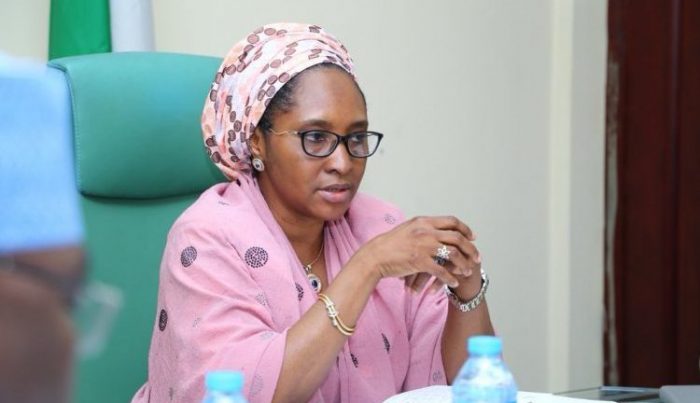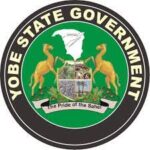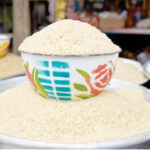The Federal Government is making major changes to the Presidential Fertiliser Initiative, a programme established in 2017, which allows the government to reach millions of smallholder farmers at N5,500.
Early this year, media reports suggested that billions of Naira was siphoned through the programme, forcing the Federal Government to restructure the programme for more transparency, accountability and efficiency.
Recently, the office of the president convened a stakeholder consultative meeting in Abuja to restructure the initiative for transparency and sustainability.
Minister of Finance Zainab Shamsuna Ahmed, represented by the Permanent Secretary in ministry, Alhaji Aliyu Ahmed, listed four fundamental changes upon which the sustainability structure would be built, namely, “The role of NAIC-NPK be restricted to the importation of the raw materials, monitoring activities and provision of cost basis for the Federal Government of Nigeria to effectively calculate and pay subsidies as for vulnerable smallholder farmers, all fertiliser blending plants participating in the PFI now have to provide bank guarantees to cover requisite raw materials appropriate to their demand-driven production in order to substantially reduce risk to NSIA, all blending plants are to handle their transportation logistics, recover their production cost and profits through the sale of their products in the market, the Federal Ministry of Agriculture and Rural Development (FMARD) and Federal Ministry of Finance, Budget and National Planning (FMFBNP), through engagement with state governments and relevant stakeholders to develop a template for administering fertiliser subsidy management framework to smallholder farmers.’’
On his part, Minister of Agriculture and Rural Development Alhaji Muhammad Sabo Nanono said the ministry would restrict its role to regulatory to ensure service delivery and quality control. He, however, said the ministry had registered and developed the database of the smallholder farmers for easy targeting, with the fertiliser subsidy support.
“So far, about 5million farmers and their farms have been registered with biometrics, including farm GIS coordinates,’’ the minister said.

 Join Daily Trust WhatsApp Community For Quick Access To News and Happenings Around You.
Join Daily Trust WhatsApp Community For Quick Access To News and Happenings Around You.


